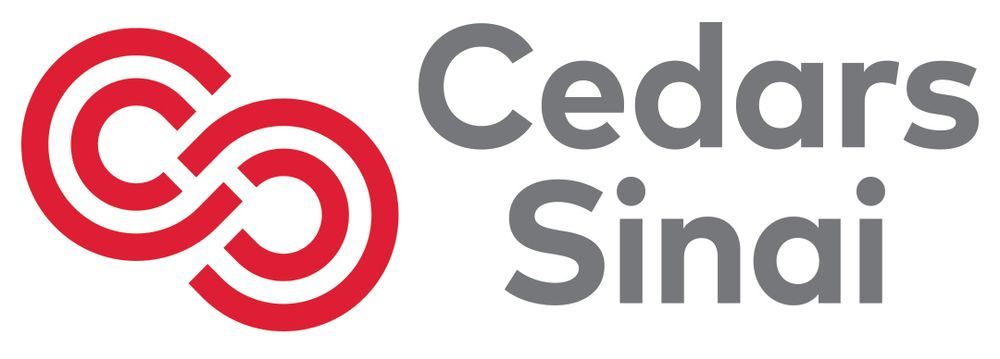For patients with high-risk HER2-positive early breast cancer who have undergone neoadjuvant therapy, treatment with Enhertu (fam-trastuzumab deruxtecan-nxki) significantly improved invasive disease-free survival compared with Kadcyla (trastuzumab emtansine, T-DM1), according to a press release from AstraZeneca.
“This landmark trial is the first to directly compare Enhertu and [Kadcyla] in early breast cancer, and the results clearly show that Enhertu delivers superior outcomes, indicating that it may be a better option for patients with high-risk HER2-positive disease in the post-neoadjuvant setting,” Susan Galbraith, executive vice oresident of Oncology Haematology R&D at AstraZeneca, said in the news release. “These results from DESTINY-Breast05, coupled with DESTINY-Breast11, underscore our commitment to moving Enhertu into early-stage HER2-positive breast cancer where patients can achieve sustained long-term outcomes, increasing the opportunity for cure.”
A planned interim analysis of DESTINY-Breast05 showed that Enhertu, an antibody-drug conjugate which is jointly developed and commercialized by AstraZeneca and Daiichi Sankyo, was effective in patients with HER2-positive early breast cancer who still had invasive disease in the breast or axillary lymph nodes after neoadjuvant treatment and were at high risk of disease recurrence.
Invasive disease-free survival is the length of time after treatment before cancer comes back, a new invasive cancer develops, or the patient passes away
“In patients with early breast cancer with residual disease following neoadjuvant treatment, it is critical to optimize treatment as this represents the last opportunity to prevent progression to metastatic disease,” Ken Takeshita, global head of R&D at Daiichi Sankyo, said in the news release. “The results of DESTINY-Breast05 demonstrate that treatment with Enhertu following surgery increases the length of time patients are able to live free of invasive disease compared to the existing standard of care, potentially offering patients with HER2-positive early breast cancer a new treatment approach in this curative-intent setting."
Glossary
- Lymph Node: Small, bean-shaped organs that are part of your immune system. Cancer can sometimes spread to these nodes.
- Neoadjuvant Therapy: Treatment given before the main treatment (like surgery) to shrink the tumor, making it easier to remove or treat.
- Recurrence: When cancer comes back after a period of remission.
- Disease-free survival: time from treatment until recurrence of disease or death.
The safety of Enhertu in DESTINY-Breast05 was consistent with what is already known about the drug, with no new safety concerns reported, according to the news release
The Science Behind Enhertu and Antibody-Drug Conjugates
Enhertu is a HER2-directed DXd antibody-drug conjugate.
Dr. Yuan Yuan — a professor of medicine, director of Breast Oncology and medical director of Breast Cancer Research at Cedars-Sinai Medical Center in Los Angeles, as well as a health sciences clinical professor at UCLA — previously explained the science behind antibody-drug conjugates in an interview with CURE.
“I usually describe antibody-drug conjugates as a new class of designer drug, where the target-specific antibody was attached to a small amount of chemotherapy [payload], in contrast to conventional chemotherapy with a larger amount of drug to enter the body,” said Yuan. “Here, the idea is to do a cancer cell-specific delivery.”
Antibody-drug conjugates, Yuan explains, usually have a “head” made up of an antibody targeted to a receptor such as the protein HER2 found on cancer cells, and that antibody is linked to a cytotoxic payload, such as a chemotherapy drug, that remains relatively stable outside of the targeted cell. Once it arrives at its delivery destination and enters the tumor cell, the linker breaks off and the drug is released.
“Then the drug can start its cytotoxic killing of the cancer cells. Then, after the drug has become effective and killed the cancer cell, it can potentially be released to the tumor microenvironment and potentially kill adjacent cells, even if those cells lack expression of that specific receptor, the so-called ‘bystander effect’” Yuan said.
There are now three antibody-drug conjugates approved by the U.S. Food and Drug Administration for the treatment of breast cancer: Kadcyla, Enhertu and Trodelvy.
The phase 3 DESTINY-Breast05 trial results were highlighted in a news release, which noted that findings from both DESTINY-Breast05 and DESTINY-Breast11 will be presented at a presidential symposium during the 2025 European Society for Medical Oncology (ESMO) Congress, held Oct. 17–21 in Berlin.
References
- “ENHERTU® (fam-trastuzumab deruxtecan-nxki) demonstrated highly statistically significant and clinically meaningful improvement in invasive disease-free survival vs. T-DM1 in DESTINY-Breast05 Phase III trial in patients with high-risk early breast cancer following neoadjuvant therapy,” by AstraZeneca. News release; Sept. 29, 2025.
- “Finding Hope With Antibody-Drug Conjugates in Managing Breast Cancer,” by Alex Biese. CURE; December 5, 2024. https://www.curetoday.com/view/finding-hope-with-antibody-drug-conjugates-in-managing-breast-cancer
For more news on cancer updates, research and education, don’t forget to subscribe to CURE®’s newsletters here.






